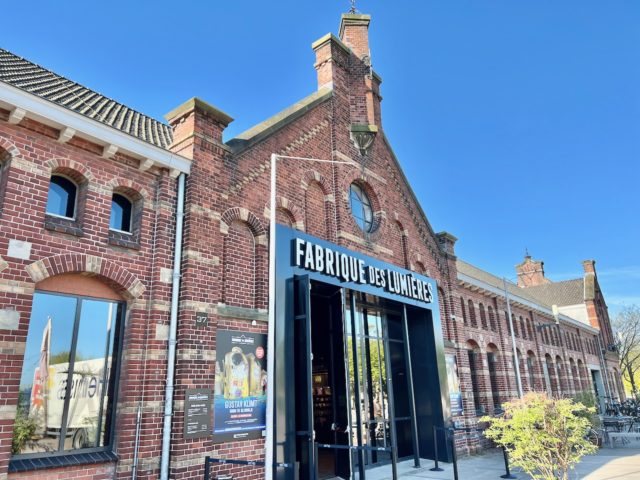Revealed: Cerberus in talks to buy struggling Co-operative Bank | Business News
The giant American investor which bought £13bn of mortgages from British taxpayers in 2015 is in talks to take control of The Co-operative Bank.
Sky News can exclusively reveal that Cerberus Capital Management is in preliminary talks with the lender’s board and shareholders about a deal.
Sources said on Tuesday that Cerberus was likely to seek a cut-price deal for The Co-operative Bank, which has lurched from one crisis to another during the last decade.
Cerberus is one of the world’s most active investors in banking and financial services, holding stakes in major European companies including Deutsche Bank, where it has led calls for a boardroom shake-up.
It has also deployed billions of dollars on acquiring companies and assets that were left distressed after the 2008 financial crisis, including substantial sums on mortgage and other loan portfolios offloaded by British banks.
In the UK, it has been criticised over its treatment of so-called mortgage prisoners whose home loans were part of the £13bn government sale process.
Cerberus was among the bidders for The Co-operative Bank in 2017 when the company last ran a formal sale process, but opted not to conclude a deal.
If a takeover can be agreed this time, it would involve transferring the lender’s ownership from a consortium of hedge funds including BlueMountain Capital, GoldenTree Asset Management and Silver Point Capital to a single investor.
One insider suggested that Cerberus might seek to pay as little as £200m for the company, which has 3.3m personal banking customers across the UK.
On Tuesday morning, The Co-operative Bank said it had received an approach about a bid but declined to name its suitor.
It refused to comment when asked about the talks with Cerberus.
“The Bank has recently attracted an approach from a financial sponsor with knowledge and experience of investing in European financial services businesses regarding the possibility of a sale of the Bank and/or the holding company,” it said.
“The Bank continues to be in discussions with this financial sponsor, although such discussions remain at a preliminary stage.
“There can be no certainty that discussions with this financial sponsor will progress further, or that any binding offer will be forthcoming nor whether the Bank’s ultimate shareholders will find the terms of a binding offer (if any) acceptable.”
The announcement came as The Co-operative Bank – which recently appointed its sixth chief executive in a decade – said it was initiating discussions with investors about raising new regulatory capital.
Its current shareholders are said to be reluctant to underwrite the issuance of MREL-qualifying debt themselves.
Sky News revealed at the start of the year that the existing hedge fund backers were working with Goldman Sachs to canvas interest from potential bidders.
A formal process has been stymied by the impact of the COVID-19 crisis and the recent exit of Andrew Bester, The Co-operative Bank’s chief executive.
Mr Bester was said to have become frustrated by the hedge funds’ plans for the business.
He was recently replaced by Nick Slape, the chief financial officer.
The Co-operative Bank has retained a substantial chunk of Britain’s personal banking market despite being plagued by financial and governance crises over a long period.
In 2013, it almost collapsed after trying to buy more than 630 branches from Lloyds Banking Group, only to discover a £1.5bn hole in its finances that had to be plugged by the hedge funds and the Co-op Group.
Subsequent investigations by the Treasury Select Committee and the City watchdog exposed a string of failings in management, corporate governance and regulatory supervision – including, infamously, the exposure of its chairman Paul Flowers’ private life, which led to him being dubbed “the crystal methodist”.
Four years later, it was forced to turn to its owners again for £700m in new funding that saw retail investors swallowing heavy losses.
The Co-op Group subsequently sold its 20% stake in the bank.
Cerberus declined to comment.







